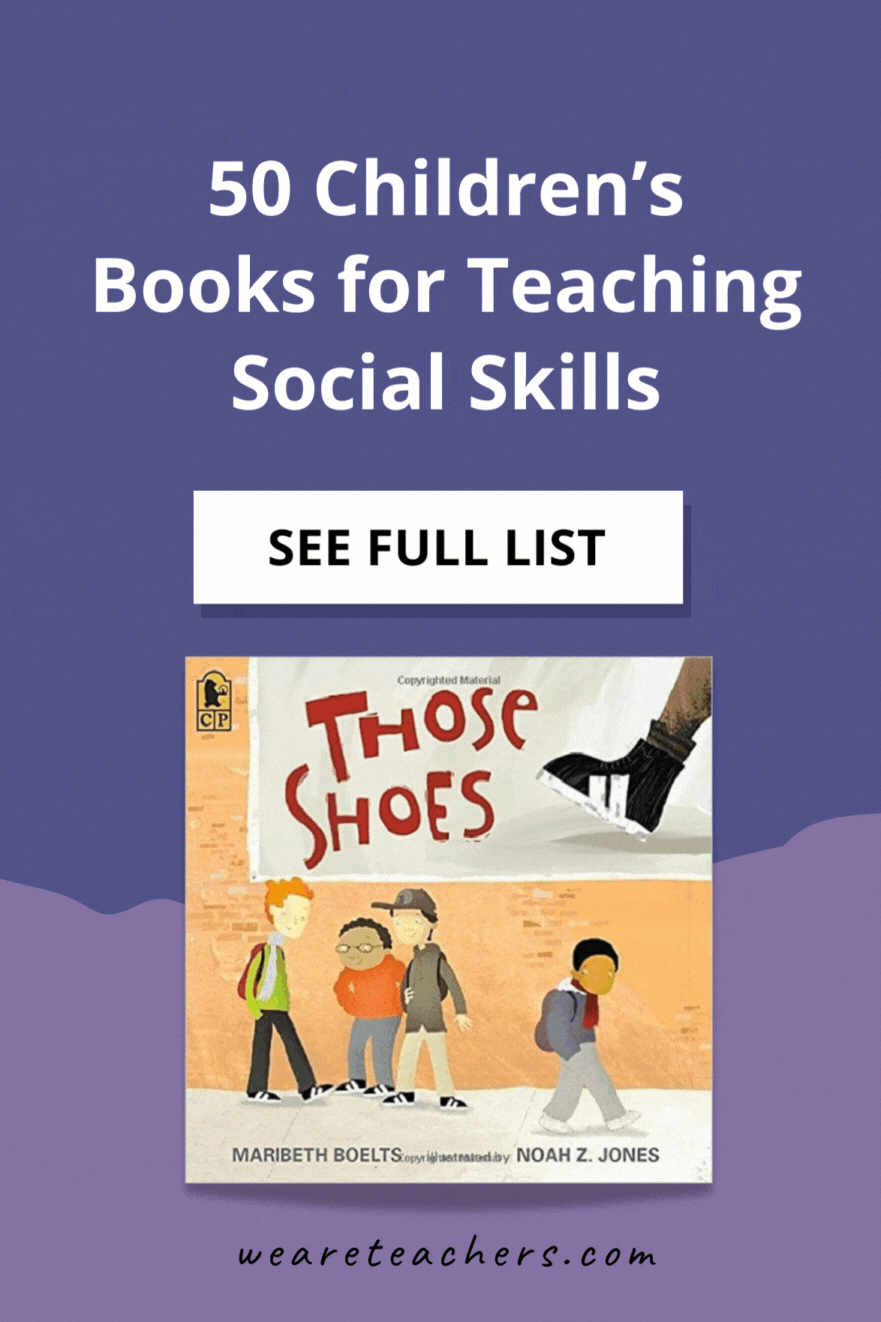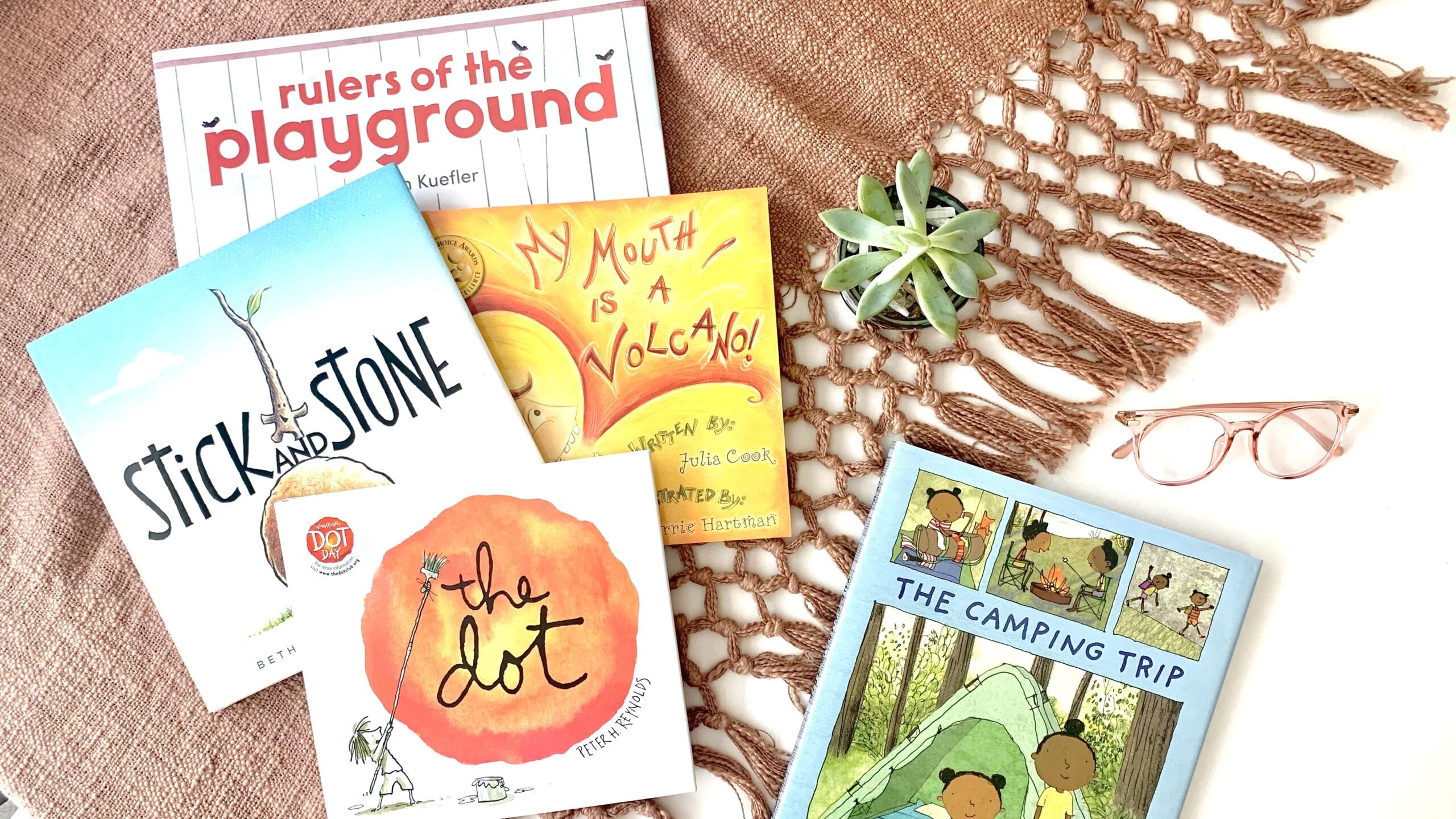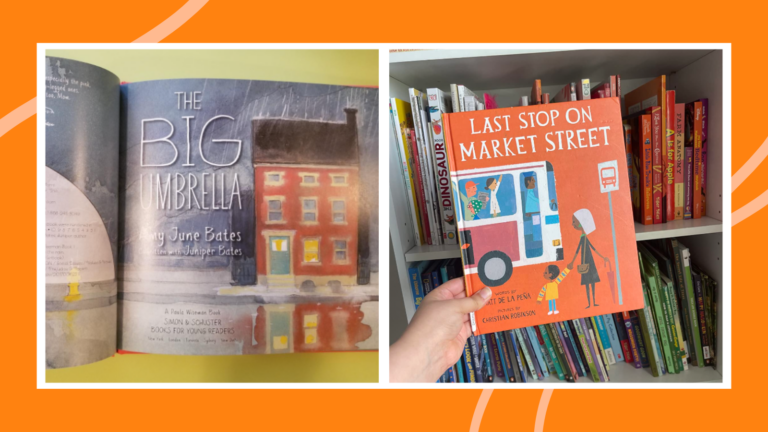No matter what age you teach, social-emotional learning is an essential part of your curriculum. Social skills books for kids are crucial in the classroom for supporting conversations about social-emotional issues. That’s why we gathered 50 (yes, 50!) social skills books for kids, including lots of great recent ones you may not have seen yet, that you can share to help kids build empathy, talk about emotions, navigate tough experiences, and more.
(Just a heads up, WeAreTeachers may collect a share of sales from the links on this page. We only recommend items our team loves!)
Books About Managing Fear and Anxiety and Taking Risks
1. Brave Every Day by Trudy Ludwig
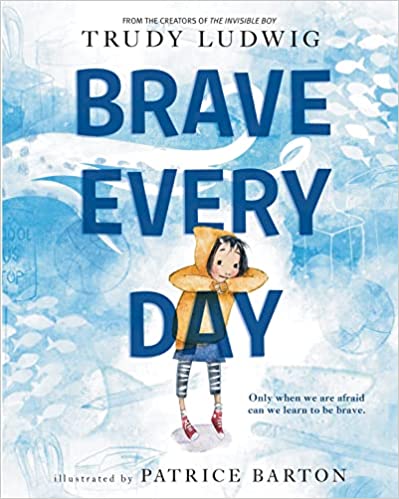
Camila and Kai are both scared about their class’s field trip to the aquarium, though they show it in different ways. It turns out that supporting each other helps them both.
Buy it: Brave Every Day on Amazon
2. A Case of the Zaps by Alex Boniello and April Lavalle
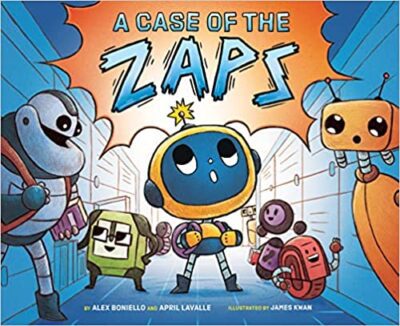
Robot Pi’s class is planning a class trip to “where it all started, Olde Silicon Valley.” (Ha!) It’s supposed to be exciting, but Pi’s worries quickly kick into “overdrive.” The fun robot metaphors give kids helpful language for talking about anxious feelings. Bonus: We appreciate the incidental use of they/them pronouns for the main character!
Buy it: A Case of the Zaps on Amazon
3. The Whatifs by Emily Kilgore
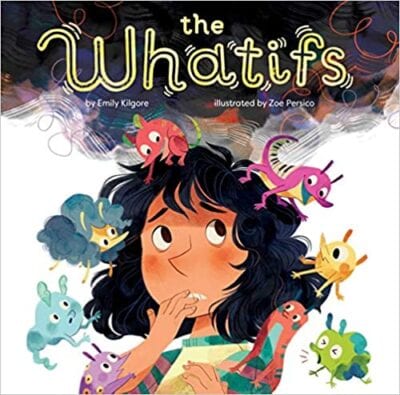
Scary “Whatifs” follow Cora everywhere, and it only gets worse as she prepares for her big piano recital. Her outlook changes when Stella challenges her to turn her bad Whatifs into good ones.
Buy it: The Whatifs on Amazon
4. Jabari Jumps by Gaia Cornwall
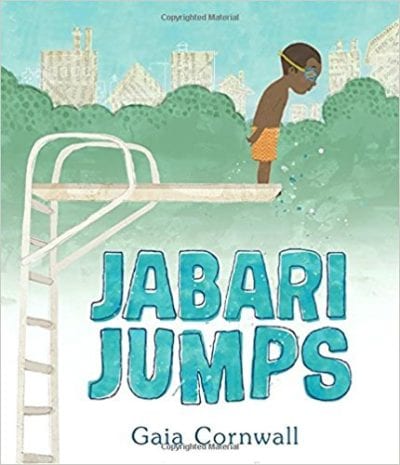
Jabari is definitely ready to jump off the diving board. He’s finished his swimming lessons and passed his swim test, and he’s a great jumper, so he’s not scared at all. Also check out the sequel Jabari Tries to talk about perseverance!
Buy it: Jabari Jumps on Amazon
5. The Camping Trip by Jennifer K. Mann
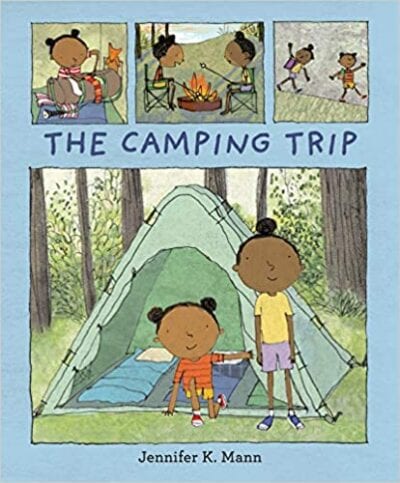
Ernestine is super excited to go camping for the first time with her aunt and cousin—until they reach the campsite, that is. Then everything feels scary, and she misses her dad.
Buy it: The Camping Trip on Amazon
6. Anita and the Dragons by Hannah Carmona
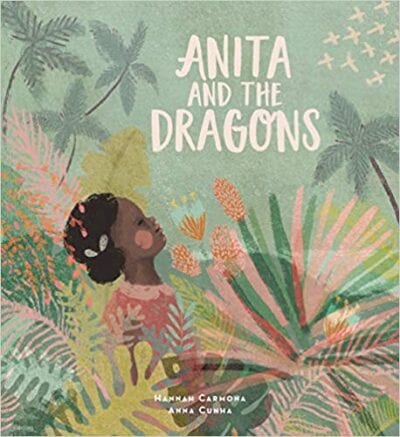
Fear of “dragons” almost overcomes Anita as she and her family prepare to emigrate from their home in the Dominican Republic. Her brother reminds her, “They aren’t real dragons. They’re just planes in the sky.”
Buy it: Anita and the Dragons on Amazon
7. The Book of Mistakes by Corinna Luyken
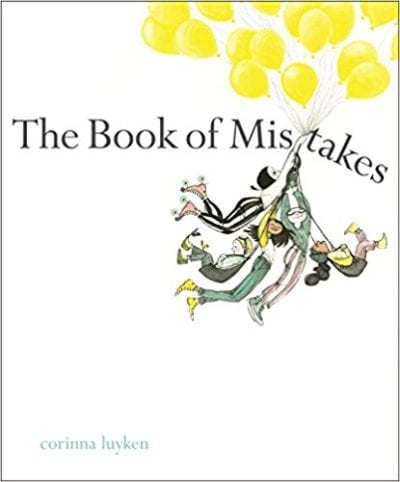
Zoom meets Beautiful Oops! in this book about the creative process and the way in which “mistakes” can blossom into inspiration.
Buy it: The Book of Mistakes on Amazon
8. Everyone Can Learn to Ride a Bicycle by Chris Raschka
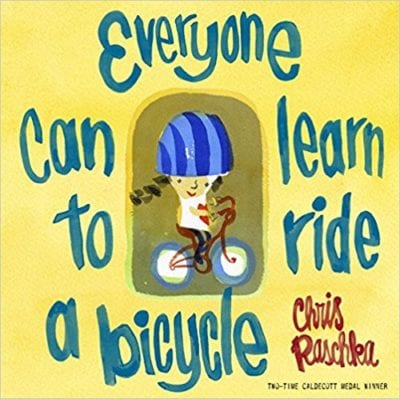
Learning to ride a bike is one of the most important milestones of childhood, and this book captures the emotional ups and downs of the experience.
Buy it: Everyone Can Learn to Ride a Bicycle on Amazon
9. The Dot by Peter H. Reynolds
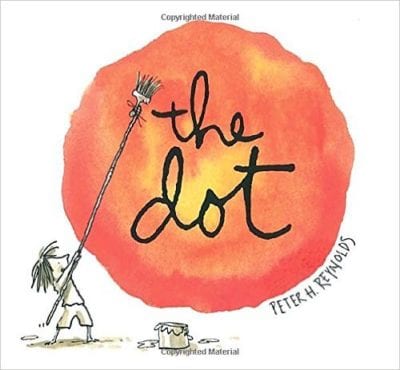
The words of her teacher are a gentle invitation to express herself. But Vashti can’t draw—she’s no artist.
Buy it: The Dot on Amazon
Books About Friendship
10. Rulers of the Playground by Joseph Kuefler
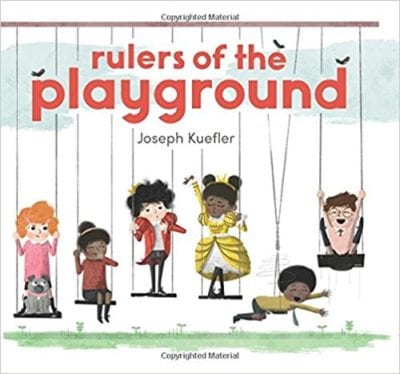
One morning, Jonah decided to become ruler of the playground. Everyone agreed to obey his rules to play in King Jonah’s kingdom … everyone except for Lennox, because she wanted to rule the playground too.
Buy it: Rulers of the Playground on Amazon
11. A Friend for Henry by Jenn Bailey

Henry, who has autism, eagerly wants a new friend. But many of his classmates aren’t quite the perfect fit he imagines. Then he builds blocks with Katie, and their tower is just right.
Buy it: A Friend for Henry on Amazon
12. Daisy by Jessixa Bagley
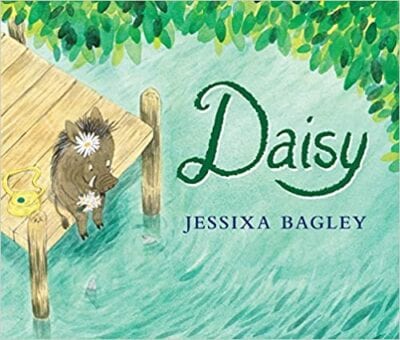
Teasing makes Daisy feel terrible. She spends much of her time alone, collecting treasures—until she realizes someone else is adding to her treasure shelf.
Buy it: Daisy on Amazon
13. The Invisible Boy by Trudy Ludwig
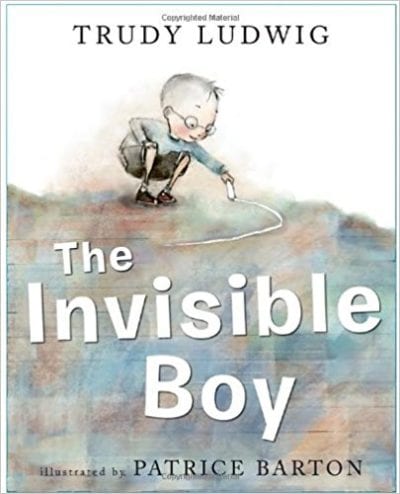
Meet Brian, the invisible boy. Nobody ever seems to notice him or think to include him in their group, game, or birthday party … until a new kid comes to class.
Buy it: The Invisible Boy on Amazon
14. Ways To Make Friends by Jairo Buitrago
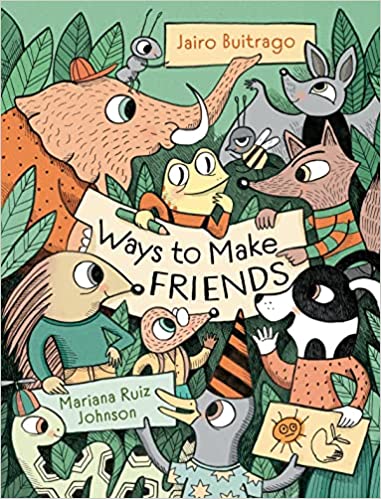
Friendship books are some of the most important social skills books for kids to have in the classroom. Toad works hard to make new friends. He tries lots of different strategies, including some unusual ones. We like that his experiences let kids know that sometimes making friends can feel hard or tiring, and that’s OK!
Buy it: Ways To Make Friends on Amazon
Books About Identity
15. What Are Your Words? A Book About Pronouns by Katherine Locke
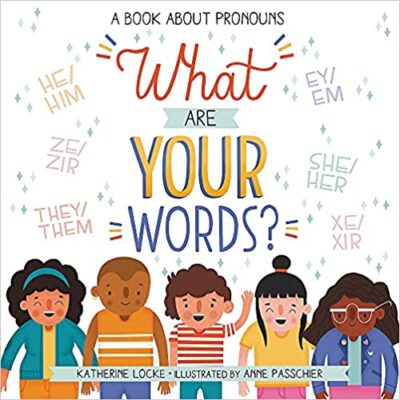
This is one of our favorite social skills books for kids for supporting developmentally appropriate conversations about pronoun choices. Let kids know they have options for the words that feel right—and that it’s important to respect others’ choices too.
Buy it: What Are Your Words? A Book About Pronouns on Amazon
16. Aaron Slater, Illustrator by Andrea Beaty
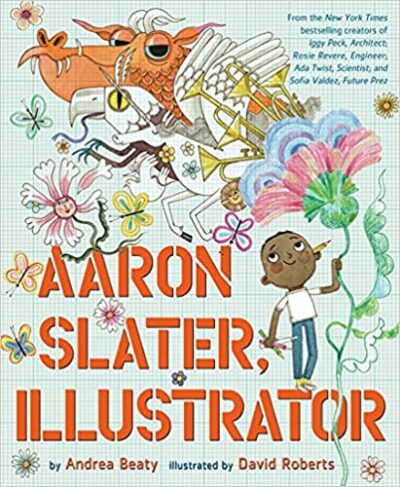
We love all the Questioneers books to use as engaging class read-alouds, but this one is especially awesome for talking about strengths, challenges, and finding your own way to shine. Aaron Slater has a tough time writing a story to share in class, until he lets his love of art lead the way.
Buy it: Aaron Slater, Illustrator on Amazon
17. Like by Annie Barrows and Leo Espinosa
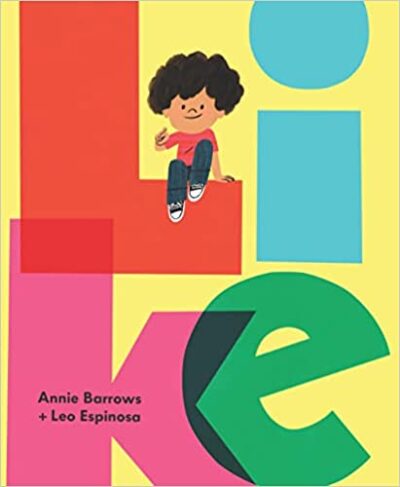
This quirky ode to human connection is a fun way to launch conversations about similarities and differences. How are humans like mushrooms, excavators, and hyenas? We love social skills books for kids that get classrooms talking and wondering together!
Buy it: Like on Amazon
18. Those Shoes by Maribeth Boelts

All Jeremy wants is a pair of those shoes, the ones everyone at school seems to be wearing. Though Jeremy’s grandma says they don’t have room for “want,” just “need,” when his old shoes fall apart at school, he is more determined than ever to have those shoes, even a thrift-shop pair that is much too small.
Buy it: Those Shoes on Amazon
19. Home Is In Between by Mitali Perkins
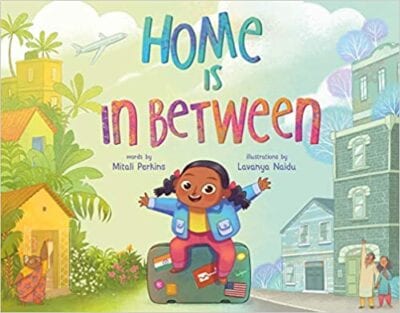
If you’re looking for social skills books for kids related to code-switching—navigating multiple cultures—Shanti is a positive role model for students. When she and her family move to the United States from India, the worlds inside her home and in the larger community feel very different.
Buy it: Home Is In Between on Amazon
20. My Very Own Space by Pippa Goodhart and Rebecca Crane
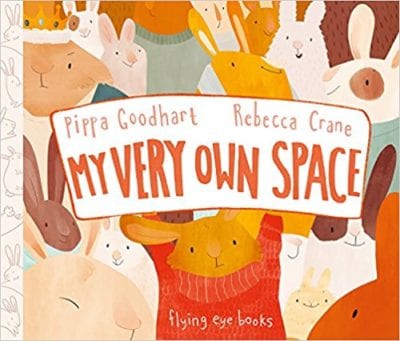
A little rabbit is trying to read his book in peace, but there’s so much going on around him! Maybe he needs some space just for himself. …
Buy it: My Very Own Space on Amazon
21. My Shadow Is Pink by Scott Stuart
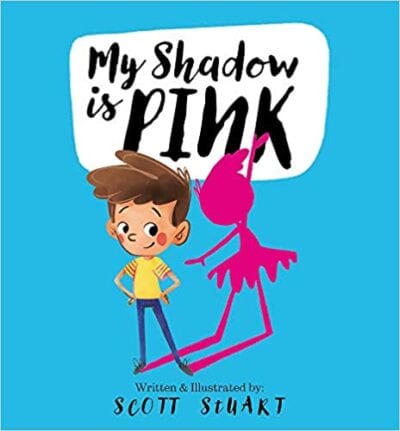
This child’s family is sure his shadow is blue, but it’s not—it’s pink. And the shadow loves dresses and dancing, and it definitely wants to be seen as it really is.
Buy it: My Shadow Is Pink on Amazon
22. Eyes That Kiss in the Corners by Joanna Ho
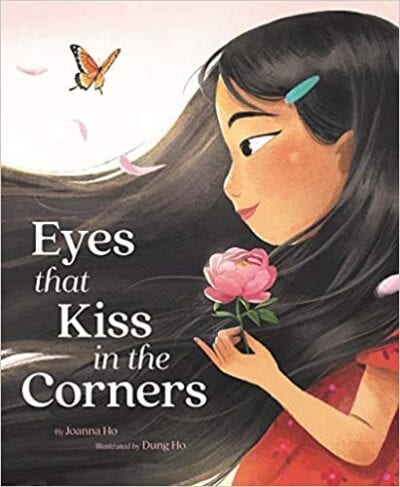
This young girl is intensely proud of her “eyes that kiss in the corners and glow like warm tea.” She also loves that her sister, mother, and grandmother all share the same special feature.
Buy it: Eyes That Kiss in the Corners on Amazon
Books About Overcoming Challenges
23. I Love Strawberries! by Shannon Anderson
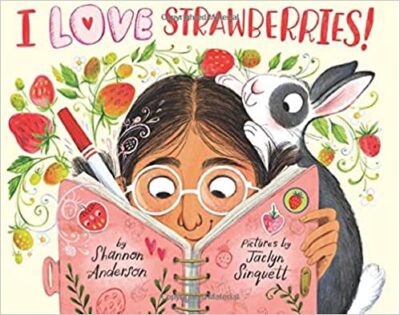
Jolie desperately wants to grow strawberry plants in the family garden, but her parents aren’t on board. She takes on the challenges of convincing them she’s responsible enough, earning money to buy plants, and caring for the plants once she plants them. This is a good one for talking about how achieving a goal can include lots of different challenges along the way.
Buy It: I Love Strawberries! on Amazon
24. The Oldest Student: How Mary Walker Learned To Read by Rita Lorraine Hubbard and Oge Mora
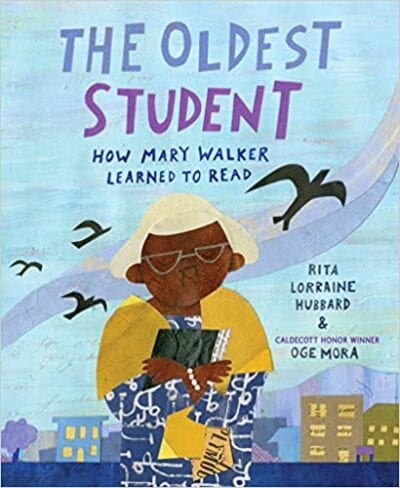
Mary Walker was born a slave and persevered through challenges her entire life. At age 114, she finally fulfilled her lifelong dream of learning to read. She’s an inspiration for us all.
Buy it: The Oldest Student: How Mary Walker Learned To Read on Amazon
25. Argyle Fox by Marie Letourneau
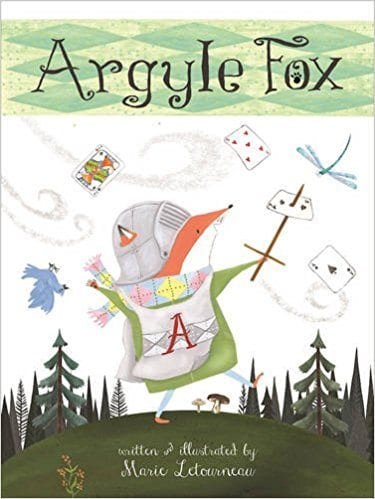
Argyle Fox, with his signature style, wants to play outside on a springtime day, but the wind is wreaking havoc with his fun and games. As soon as he builds a card tower, climbs into a giant spider web, or takes up his pirate sword, here comes the wind: Woosh!
Buy it: Argyle Fox on Amazon
26. Emmanuel’s Dream: The True Story of Emmanuel Ofosu Yeboah by Laurie Ann Thompson
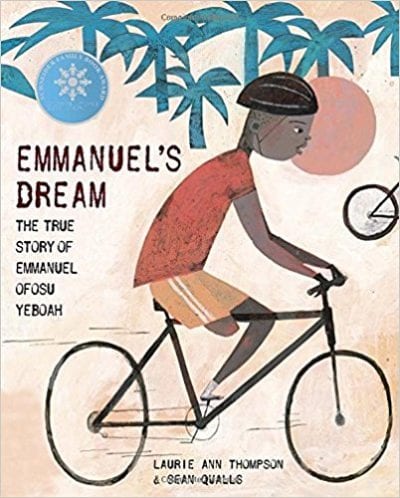
Emmanuel Ofosu Yeboah’s inspiring true story is nothing short of remarkable. Born in Ghana, West Africa, with one deformed leg, he was dismissed by most people—but not by his mother, who taught him to reach for his dreams.
Buy it: Emmanuel’s Dream: The True Story of Emmanuel Ofosu Yeboah on Amazon
27. Life by Cynthia Rylant and Brendan Wenzel
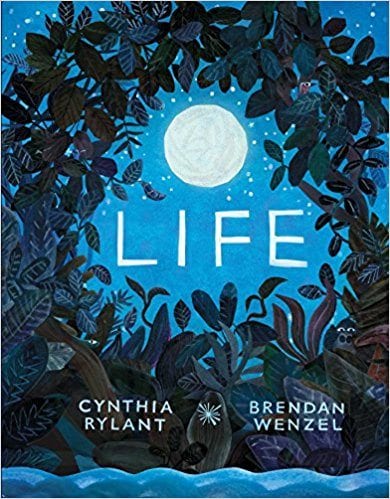
There are so many wonderful things about life, both in good times and in times of struggle.
Buy it: Life on Amazon
Books About Kindness
28. A Small Kindness by Stacy McAnulty
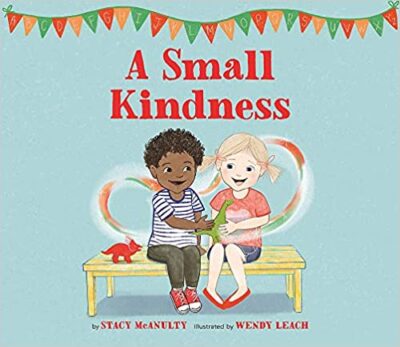
Add this to your social skills books for kids to encourage kindness in the classroom. Simple text and sweet illustrations show a diverse class spreading kindness from one person to another in lots of doable ways.
Buy it: A Small Kindness on Amazon
29. John’s Turn by Mac Barnett
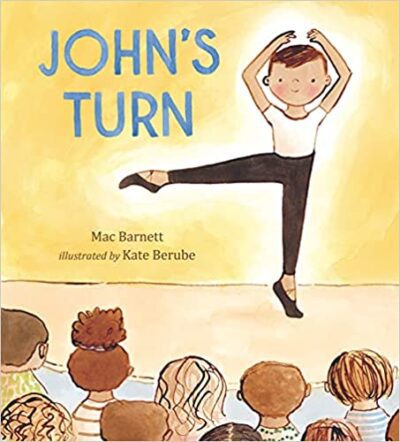
When it’s John’s turn to perform at the school assembly, he’s nervous, but his love for dancing gives him confidence. His classmates cheer him on. This is a one of our new favorite social skills books for kids to talk about encouraging others and giving each person their “turn” to shine.
Buy it: John’s Turn on Amazon
30. When We Are Kind / Nihá’ádaahwiinít’íigo by Monique Gray Smith
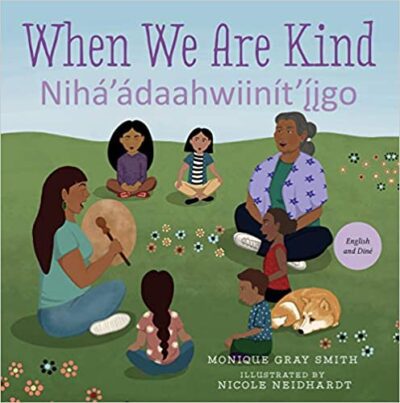
This bilingual English and Diné book uses art inspired by Navaho culture to show how simple kindnesses have a lasting impact. It would be lovely inspiration for a kindness-themed class book or bulletin board.
Buy it: When We Are Kind / Nihá’ádaahwiinít’íigo on Amazon
31. The Smile Shop by Satoshi Kitamura
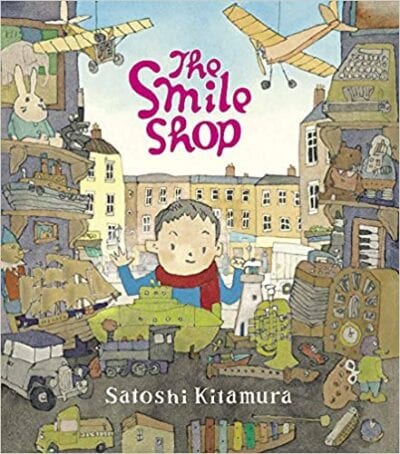
Disappointment washes over a small boy when he drops the money he’s saved down the drain. A stranger in a photography studio chooses to make an unexpectedly kind gesture.
Buy it: The Smile Shop on Amazon
32. Pass It On by Sophy Henn
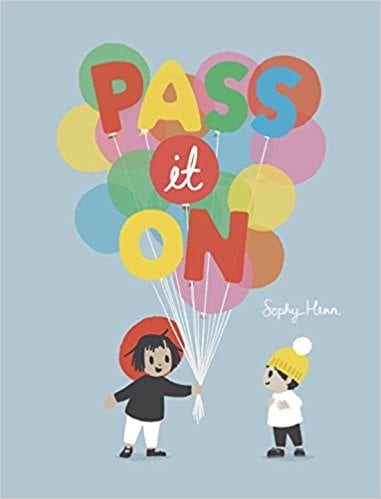
When you see something terrific, smile a smile and pass it on! If you chance upon a chuckle, hee hee hee and pass it on. Should you spot a thing of wonder, jump for joy and pass it on!
Buy it: Pass It On on Amazon
Books About Grief
33. Evelyn Del Ray Is Moving Away by Meg Medina
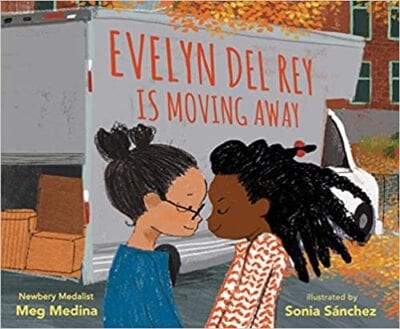
Equal parts affirming and hopeful, if you need social skills books for kids to help cope with a friend moving, this is the one. Daniela can’t believe Evelyn won’t live across the street anymore. But focusing on cherished memories and keeping in touch helps her manage.
Buy it: Evelyn Del Rey Is Moving Away on Amazon
34. The Circles in the Sky by Karl James Mountford
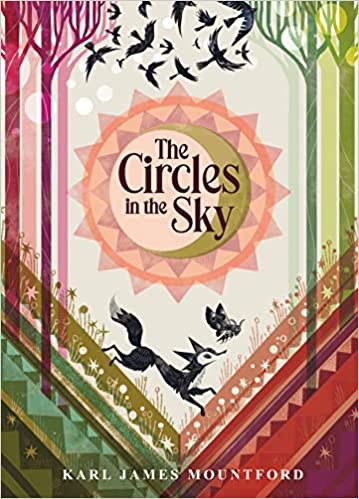
This folktale stars Fox, who wonders about a dead bird in the forest. This book gives classrooms an inclusive and gentle way to talk about death.
Buy it: The Circles in the Sky on Amazon
35. Rosa’s Song by Helena Ku Rhee
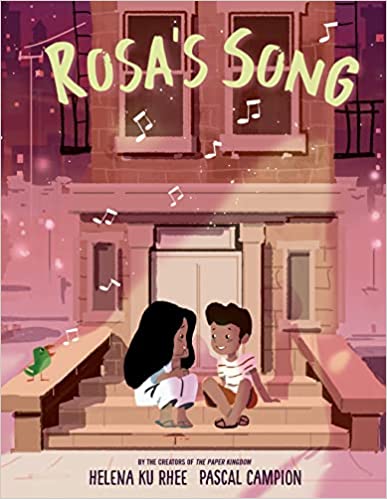
Jae misses his village in South Korea but finds comfort with his new friend Rosa, who lives in his building. Then Rosa and her family have to move suddenly. This reassuring story is helpful for talking about coping with surprise disappointments.
Buy it: Rosa’s Song on Amazon
36. Dadaji’s Paintbrush by Rashmi Sirdeshpande and Ruchi Mhasane
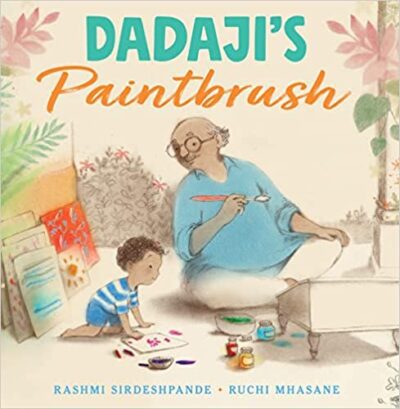
A boy and his grandfather connect through painting. When the grandfather dies, the boy can’t face his art for a long time. Finally, painting again helps him heal.
Buy it: Dadji’s Paintbrush on Amazon
Books About Feelings
37. Big Feelings by Alexandra Penfold and Suzanne Kaufman
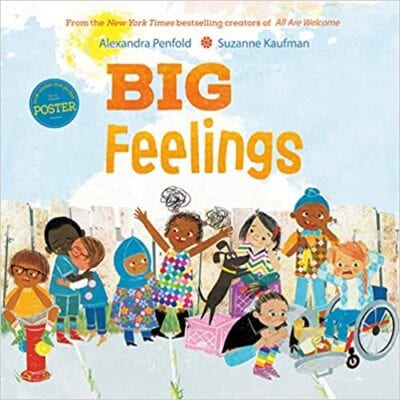
An energetic group of young friends has big plans for the day—until big, hard feelings get in the way. It’ll take talking about it and being flexible to get the day back on track.
Buy it: Big Feelings on Amazon
38. I Am Okay To Feel by Karamo Brown and Jason “Rachel” Brown
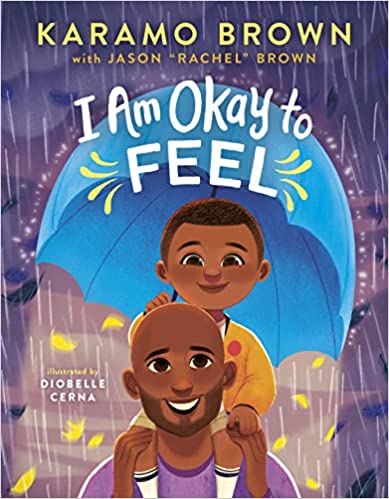
A boy and his dad walk and talk about their feelings. We love how positive and relatable this book is for kids. Well-researched back matter gives adults lots of tools for talking with children about emotions too.
Buy it: I Am Okay To Feel on Amazon
39. Great Big Feelings series by Hallee Adelman
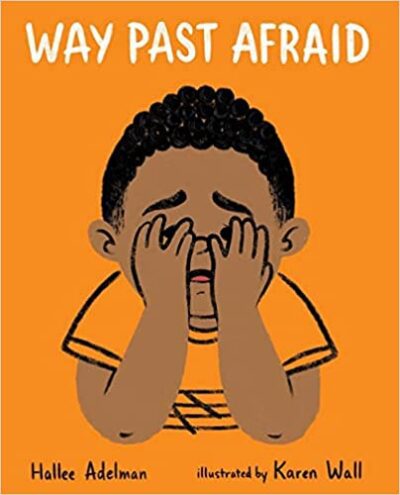
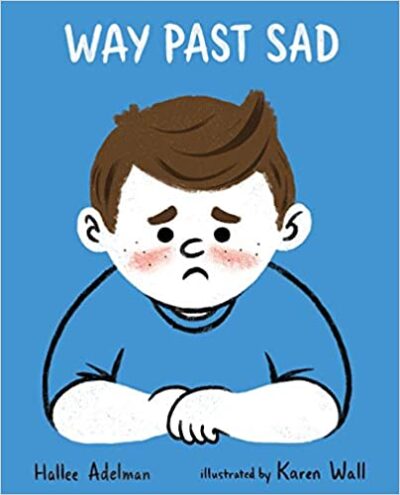
These are invaluable social skills books that normalize big emotions for kids. Each book shares a relatable experience from a kid’s perspective and ends with a positive coping strategy. These are also great examples of personal narrative writing (with details about feelings!).
Buy it: Way Past Afraid and Way Past Sad on Amazon
40. Cranky Right Now by Julie Berry
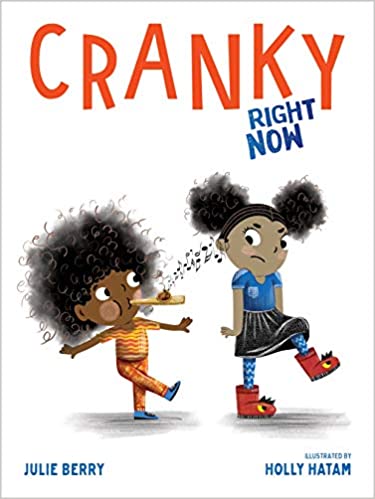
“I’m cranky right now and I have my reasons,” says this main character. Bad moods happen to all of us. Get kids talking about how to sit with grouchy feelings and let them pass.
Buy it: Cranky Right Now on Amazon
41. The Shadow Elephant by Nadine Robert
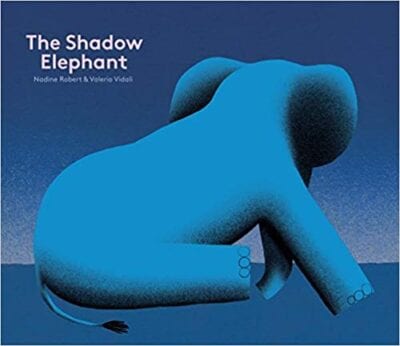
Elephant feels really down. All his friends keep trying to distract him, but it turns out what he really needs is a friend to be with him and his hard feelings until they fade away. This is one of our new favorite social skills books for kids with a message that it’s OK to just sit with difficult emotions.
Buy it: The Shadow Elephant on Amazon
Books About Honesty
42. Lying Up a Storm by Julia Cook
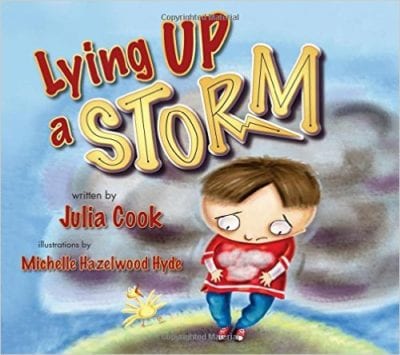
A storm is brewing … whenever Levi doesn’t like the truth, he kinda sorta makes up other stuff to say.
Buy it: Lying Up a Storm on Amazon
43. Ruthie and the (Not So) Teeny Tiny Lie by Laura Rankin
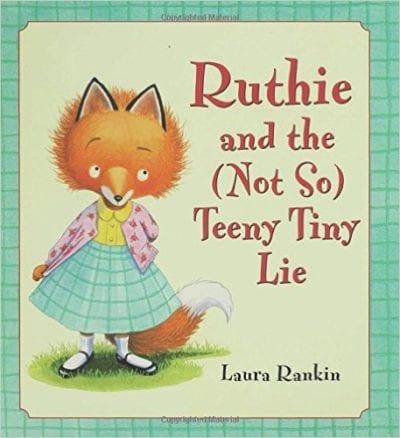
Ruthie loves little things—the smaller, the better. So when she finds a teeny tiny camera on the school playground one afternoon, she can hardly believe her luck. She wants to keep the camera in the worst way, but there’s one little problem: It isn’t hers.
Buy it: Ruthie and the (Not So) Teeny Tiny Lie on Amazon
44. I Want My Hat Back by Jon Klassen
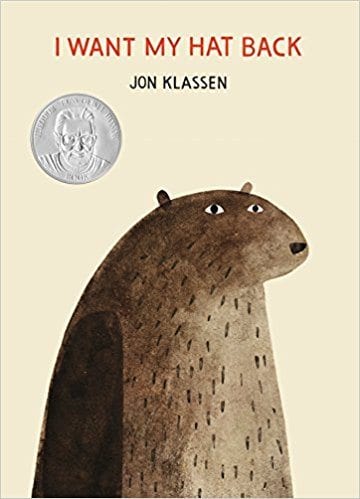
The bear’s hat is gone, and he wants it back. Patiently and politely, he asks the animals he comes across, one by one, whether they have seen it. Each animal says no.
Buy it: I Want My Hat Back on Amazon
Books About Self-Control
45. Stop and Smell the Cookies by Gibson Frazier
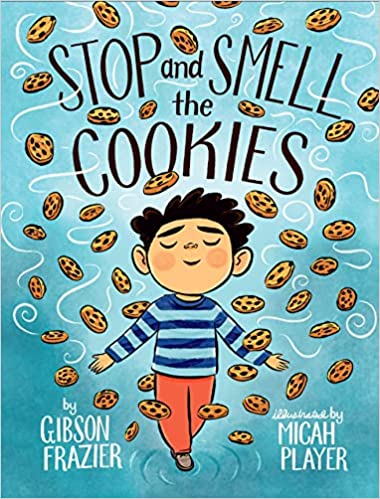
If you’re looking for a new social skills book for kids that tackles managing impulsivity in a positive and empathetic way, you need this one! Dash Gordon has big ideas, good intentions … and a hard time reining himself in. When he’s feeling down about having a tough day, his mom helps him learn a mindful breathing routine that really helps.
Buy it: Stop and Smell the Cookies on Amazon
46. Lilly’s Purple Plastic Purse by Kevin Henkes
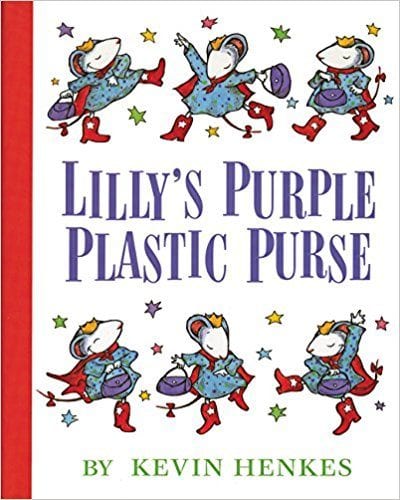
Lilly loves everything about school, especially her cool teacher, Mr. Slinger. But when Lilly brings her purple plastic purse and its treasures to school and can’t wait until sharing time, Mr. Slinger confiscates her prized possessions.
Buy it: Lilly’s Purple Plastic Purse on Amazon
47. My Mouth Is a Volcano! by Julia Cook
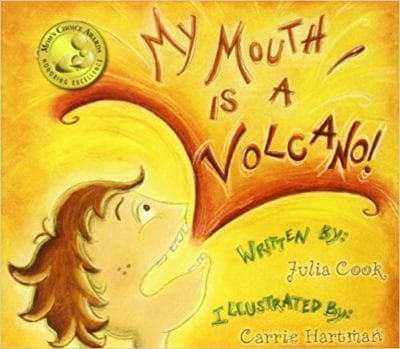
All of Louis’s thoughts are very important to him. In fact, his thoughts are so important to him that when he has something to say, his words begin to wiggle, and then they do the jiggle, then his tongue pushes all of his important words up against his teeth, and he erupts, or interrupts others.
Buy it: My Mouth Is a Volcano! by Julia Cook
47. You Will Be My Friend! by Peter Brown
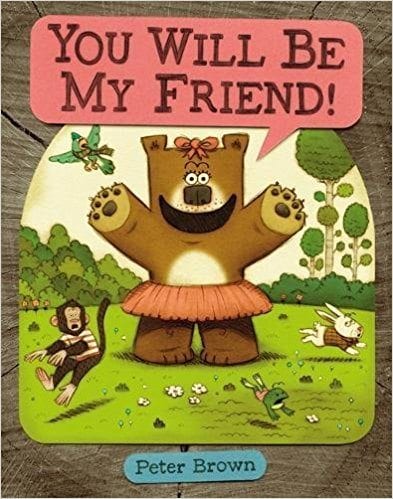
Today is the day the exuberant Lucy is going to make a new friend! But she finds it’s harder than she had thought—she accidentally ruins the giraffe’s breakfast and is much too big for the frogs’ pond.
Buy it: You Will Be My Friend! on Amazon
48. Clark the Shark by Bruce Hale
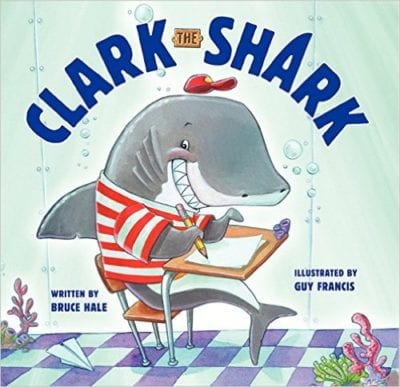
Clark is a shark with zing, bang, and BOOM. He zooms into school, crashes through the classroom, and is rowdy at recess.
Buy it: Clark the Shark on Amazon
Books About Resiliency
49. Giraffes Can’t Dance by Giles Andreae
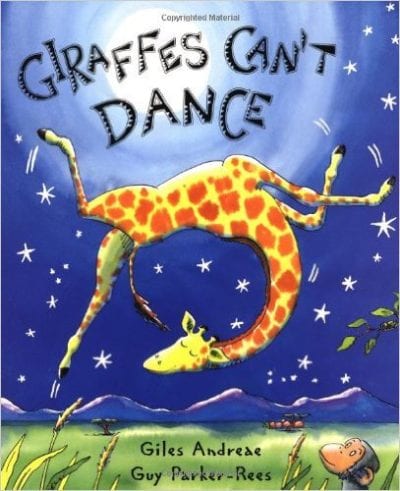
Gerald the tall giraffe would love to join in with the other animals at the Jungle Dance, but everyone knows that giraffes can’t dance … or can they?
Buy it: Giraffes Can’t Dance on Amazon
50. Milo Imagines the World by Matt de la Peña
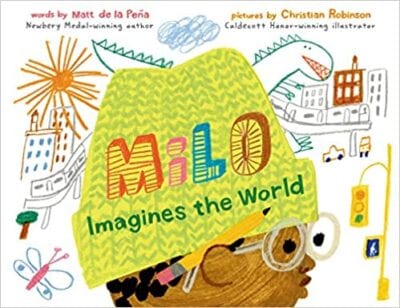
Milo feels like a “shook-up soda” as he takes the subway to visit his mom, who is incarcerated. He copes with his feelings by imagining the lives of his fellow passengers—and imagines the time when his family will be together again.
Buy it: Milo Imagines the World on Amazon
Use this four-step process when reading these social skills books for kids to reinforce the skills featured:
-
Describe: Talk with your students, and have them talk with one another, about what they think the main point of the story was. What social skills did the story define? How do you know? Why are these skills important? Can you make a connection to the story from your own life? Make a poster together, or have students write or draw in their journals about these social skills.
-
Demonstrate: Have a few students act out what the social skills look and feel like. Role playing different ways students can demonstrate these skills will help reinforce the behavior.
-
Practice: Plan activities where each child has to take a turn to practice the featured social skills.
-
Promote: Promote, support, and encourage children as they initiate and engage in behavior that demonstrates these social skills. Catch them being kind, flexible, honest, confident, and more!
Looking for more social skills books for kids? Don’t miss:
- 15 Books To Teach Kids About Mindfulness
- 24 Picture Books To Teach Students About Kindness
- 28 Must-Read Anti-Bullying Books for Kids
Want more book lists and classroom ideas? Be sure to subscribe to our newsletters!
